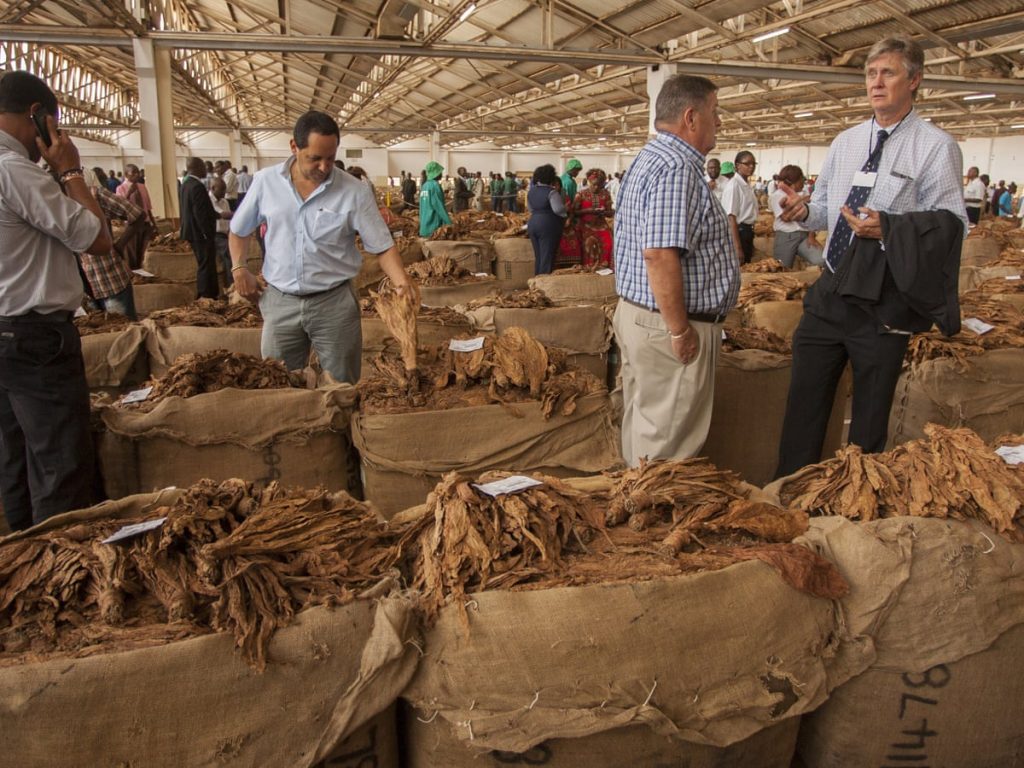Malawi ratifies tobacco deal amid growth plans
Malawi has found itself in a dilemma after signing the World Health Organisation (WHO) Framework Convention on Tobacco Control amid efforts to increase production of tobacco to 200 million kilogramme by 2028.
Besides asking parties to start enforcing the legislation that creates a tobacco smoke-free environment, the convention also asks signatories to slow down on growing the leaf and equip farmers to look for alternatives.
Meanwhile, agriculture think-tank Malawi Agricultural Policy Advancement and Transformation Agenda (Mwapata) believes the ratification should provide additional impetus and incentive for Malawi to intensify development of other alternative value chains like legumes and oil seeds.
A notice from the United Nations (UN), reference number C.N.240.2023.Treaties-IX (Depository Notification) dated August 18 2023, shows that Malawi has become the 183rd country to ratify the convention.

It reads: “WHO Framework Convention on Tobacco Control Geneva, 21 May 2003. Malawi: Accession. The Secretary-General of the United Nations, acting in his capacity as depositary, communicates the following: The above action was effected on 18 August 2023. The convention shall enter into force for Malawi on 16 November 2023 in accordance with article 36 (2) which reads as follows:
“For each State that ratifies, accepts or approves the Convention or accedes thereto after the conditions set out in paragraph 1 of this Article for entry into force have been fulfilled, the Convention shall enter into force on the 19th day following the date of deposit of its instrument of ratification, acceptance, approval or accession.”
To reduce the demand for tobacco, the convention calls for higher price and tax measures and non-price measures.
These include protection from exposure to tobacco smoke, regulation of the contents of tobacco products and disclosures, packaging and labelling and demands reduction measures concerning tobacco dependence and cessation.
During a press briefing last week, Tobacco Commission (TC) board chairperson Godfrey Chapola said there are plans to increase tobacco production to 200 million kg in the next five years as part of the commission’s reform targets.
Yesterday, Mwapata Institute executive director William Chadza said the ratification should incentivise Malawi to intensify development of other alternative value chains such as legumes, oil seeds and horticulture that have potential to contribute to foreign exchange earnings.
But still, he said in the immediate, short and medium term, Malawi is likely to continue relying on tobacco in the export mix as a result of limited development of the alternatives to tobacco farming.
He said: “These value chains need institutional, extension, research and financial support to begin to compete with tobacco.
“In the interim, I think Malawi needs to pursue an integrated approach, with tobacco on one hand, while simultaneously seriously developing the other alternative value chains. With sustained support these alternative value chains could begin to occupy the space being left by tobacco.”
This year, 120 million kg earned the country $283.7 million (about K310.2 billion), roughly translating to a kilogramme fetching $2.3.





